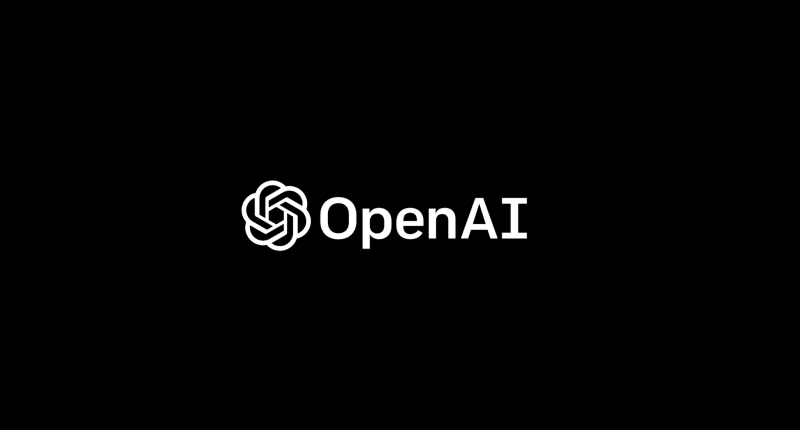OpenAI’s ChatGPT has all but become a household name in India — which is also its second larges userbase — and the AI firm is fully capitalizing on it. The company is now making a broader expansion in India with the upcoming opening of its first office in New Delhi later this year, a decision that formalizes its presence in its second-largest user market after the US. The new local presence is intended to serve as a hub for navigating the country’s regulatory landscape and maintaining a deeper relationship with its vast developer and user community.
The decision to establish a physical office is a response to India’s growth as a user base for AI. According to newly released company data, weekly active users of ChatGPT in India have quadrupled over the past year. India now possesses the world’s largest population of students on the popular chatbot and ranks among the top five developer markets globally. This rapid adoption is occurring within the ecosystem that the Indian government is actively nurturing through its IndiaAI Mission, a national initiative with a $1.2 billion budget aimed at establishing an AI ecosystem through investments in computing infrastructure, talent, and ethical frameworks.
“OpenAI’s decision to establish a presence in India reflects the country’s growing leadership in digital innovation and AI adoption,” Union IT Minister Ashwini Vaishnaw said in an official statement. As part of the IndiaAI Mission, we are building the ecosystem for trusted and inclusive AI, and we welcome OpenAI’s partnership in advancing this vision to ensure the benefits of AI reach every citizen.”
“Opening our first office and building a local team is an important first step in our commitment to make advanced AI more accessible across the country and to build AI for India, and with India,” OpenAI CEO Sam Altman commented on the matter. The new office will also serve as a foundation for future initiatives. The company plans to host its first Education Summit in India later this month, followed by a dedicated Developer Day later in the year.
OpenAI’s expansion into India is not without its complexities, as the company faces both fierce market competition and a series of legal challenges. In a country where affordability is paramount, OpenAI’s rivals, including Google’s Gemini and AI startup Perplexity, have been highly aggressive with their pricing strategies. Perplexity recently partnered with Airtel in a bid to offer its premium service for free to over 300 million subscribers, while Google has provided a year-long free AI Pro plan for students. This puts pressure on OpenAI, which recently launched an India-specific, low-cost subscription called ChatGPT Go, priced at ₹399 per month.
Beyond the commercial competition, OpenAI is also contending with a legal front. Earlier this year, the company faced lawsuits from several major Indian media outlets and book publishers, including Penguin Random House, Cambridge University Press, and S. Chand and Co., who accused it of copyright infringement for using their content to train its models without permission.
The Tech Portal is published by Blue Box Media Private Limited. Our investors have no influence over our reporting. Read our full Ownership and Funding Disclosure →






